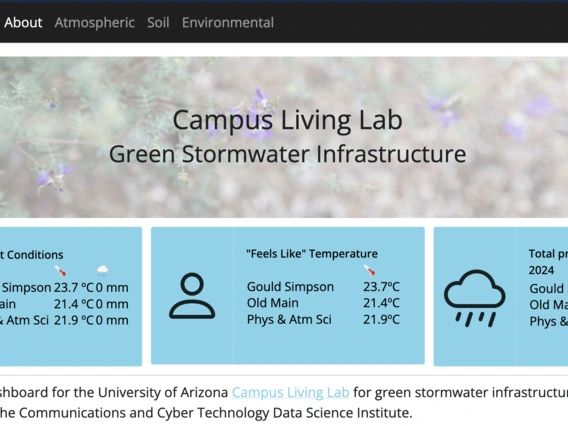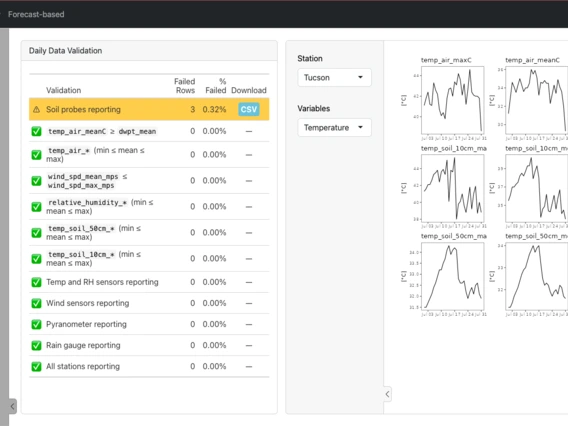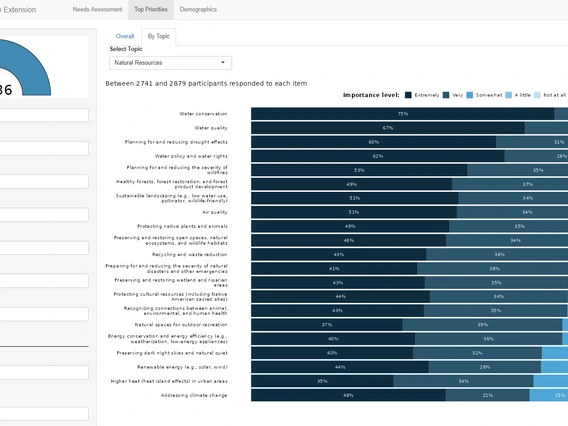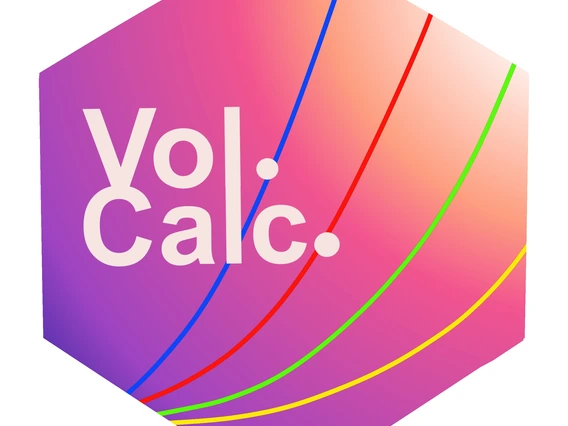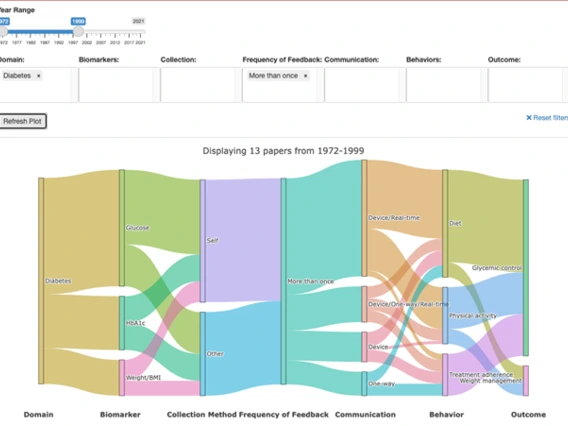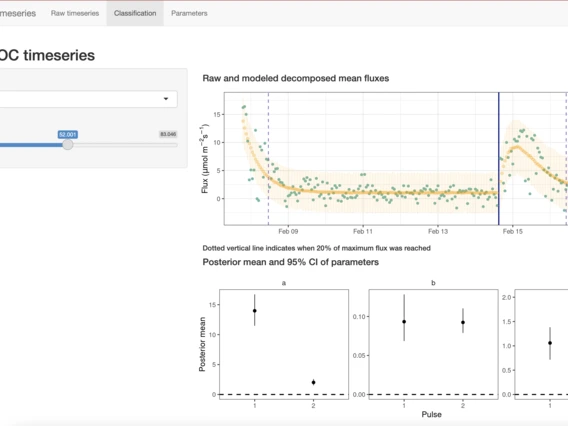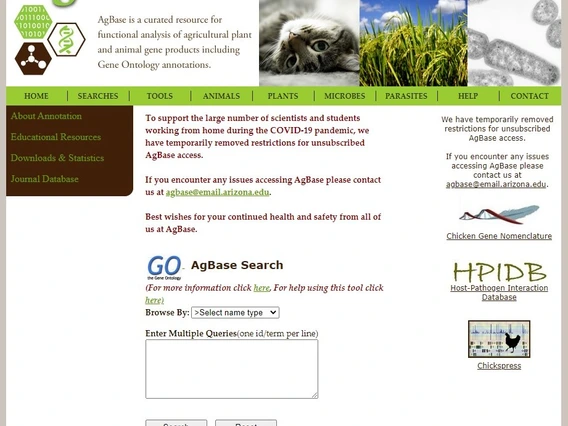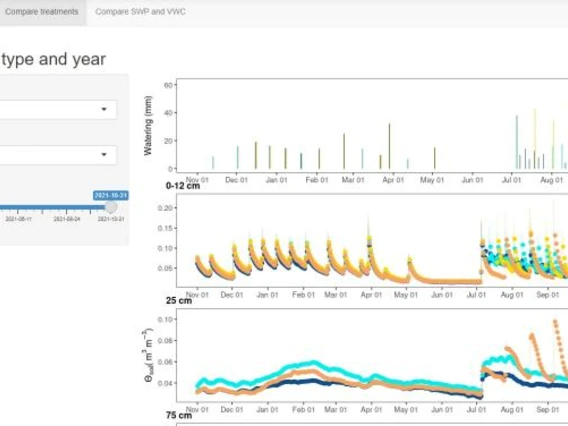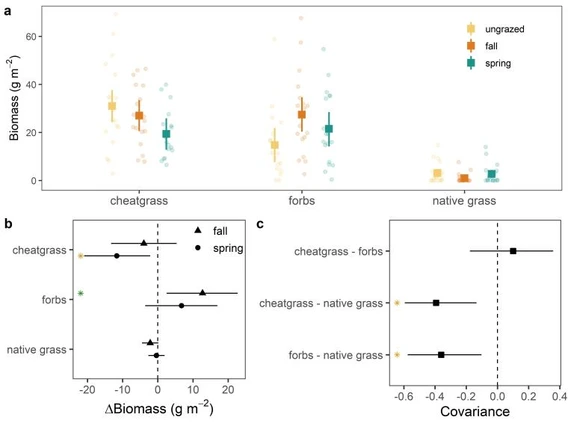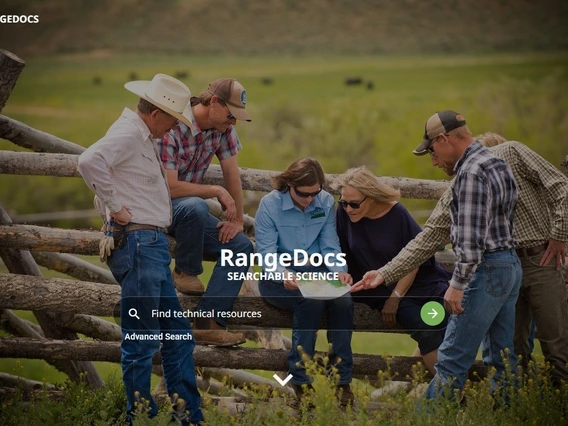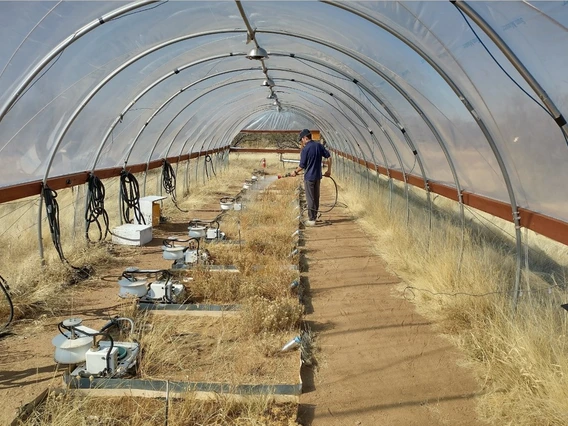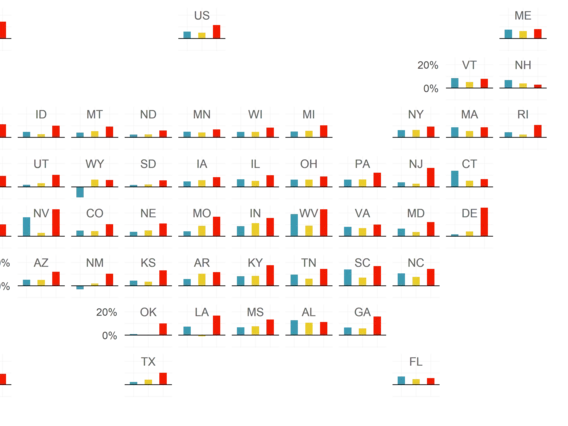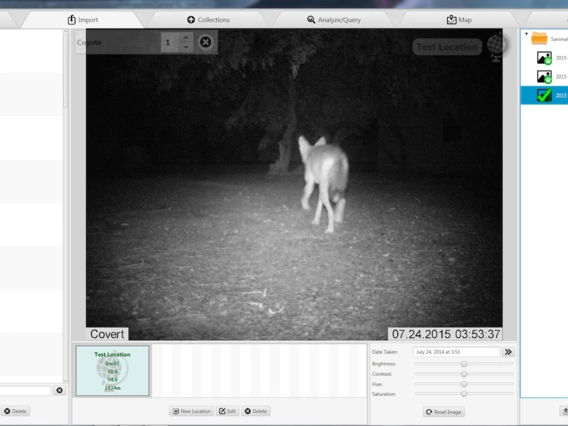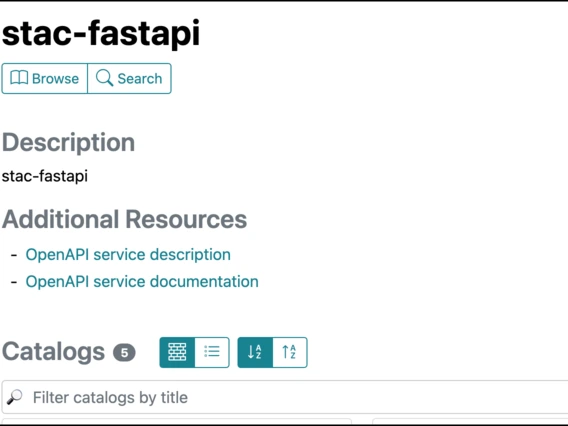⚠️ Unfortunately due to withdrawn institutional funding we can no longer offer incubator projects for free. See our project page if you are interested in working with us on funded projects. ⚠️
We provide support for your research.
Our group has expertise in managing, analyzing, and visualizing data and more. Incubator projects provide you with up to 80 hours of our team’s time to collaboratively develop a project that you have ownership of. For examples of past incubator projects, see below.
If you’re curious about incubators, please send us an email or visit our drop-in hours. Most incubator projects begin with a series of conversations with our team. For more details, see our project plan guidelines and our Frequently Asked Questions.
“Through the incubator project…I learned new skills, including using GitHub to collaborate on code and developing a complex data dashboard in Shiny. Thanks to this project, I've been able to take on more complex work in my role and continue advancing in the field of data science. I would highly recommend an opportunity to work with this team to anyone looking to grow their skills in data science, such as project planning, data wrangling, and visualization.”
- Terrace Ewinghill, Norton School CRED Scientific Analyst
Past Incubator Successes
Frequently Asked Questions
- Who is eligible to participate in incubator projects? Only researchers in ALVSCE are eligible due to funding source limitations. Researchers includes faculty, staff, extension agents, post-docs, and graduate students.
- What is ALVSCE? ALVSCE includes departments in the College of Agriculture and Life Sciences (CALS), Cooperative Extension, Experiments Station, and Veterinary Sciences.
- What if I'm not in ALVSCE or otherwise not eligible for an incubator? We are still happy to help you during drop-in hours, and can offer assistance through other means, including grants, referrals, and more.
- What is the time commitment? Expect biweekly meetings for co-working and training for up to 3 months. We can also work with you to develop a more suitable schedule depending on the project.
- How much does it cost? Our group's time working on incubators is funded by the Hatch Act. We also require a time commitment by you or someone you manage. This person ("primary point-of-contact") will receive training to take responsibility for the project after the incubator concludes.
- Can I just hire you to do the work? Yes, we can do this! Work for hire is not suitable for our incubator program, which emphasizes training and enabling researchers. We will work with you to determine the best way to do this.
- What are some types of project outcomes you have had in the past? There are examples of previous incubator projects on this page.
- What happens at the end of the project? For most incubators, we transfer responsibility and ownership of the work product (e.g., GitHub repository, Shiny app) to your team. If issues arise after the incubator concludes, we are are always available by email or at drop-in hours.
- What if I need more extensive help beyond 80 hours? An incubator can be used to pilot a project even if you know it will eventually need more time. After the 80 hours are up, we can continue to work with you from your funded grants. We can also collaboratively pursue outside funding.
- What counts as data science? Our team has a broad set of skills and interests—contact us with your ideas!


